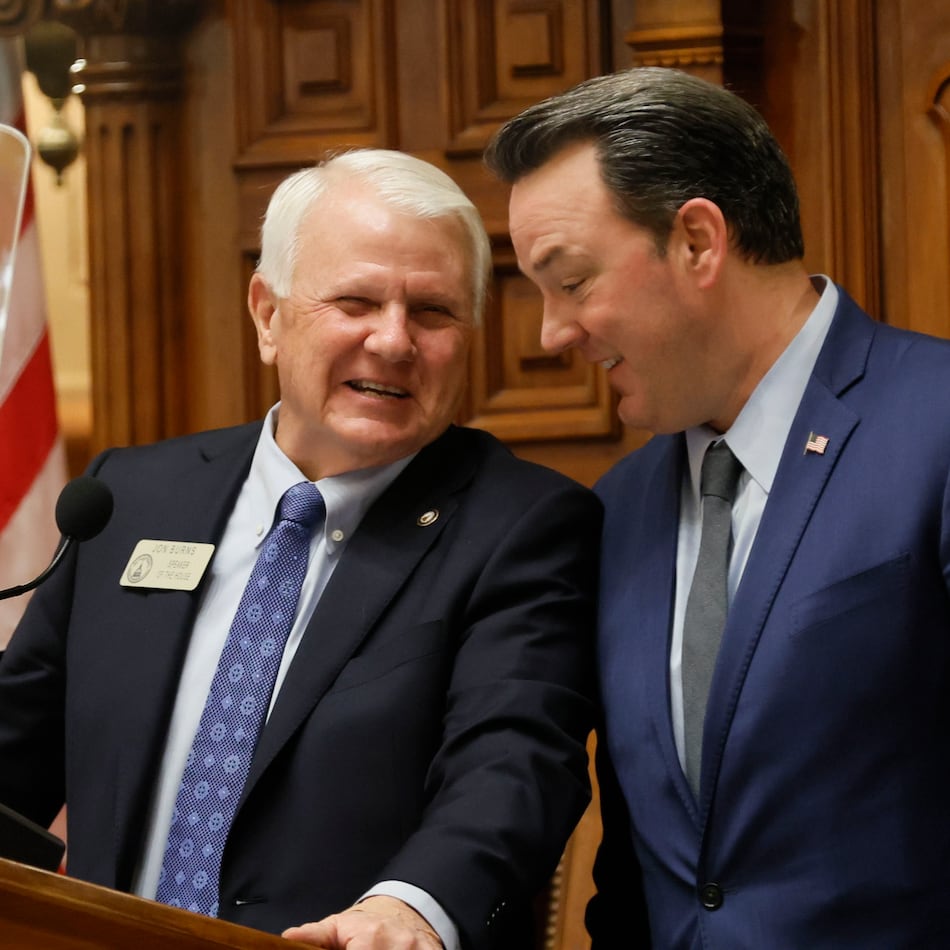Secretary of State Brian Kemp has publicly come out for Republican candidate Brian Kemp in Georgia's race for governor.
Seventy-two hours before the polls close, in an official state message under the name of his state-paid communications director, Kemp announced this morning that he had put the Democratic Party of Georgia under investigation, citing "a failed attempt to hack the state's voter registration system."
Neither Kemp’s office, nor his campaign, has put up any evidence backing the claim. But it comes on the same day that Donald Trump visits Macon on Kemp’s behalf – a president who has shown us he doesn’t really need evidence to rally voters.
True or not, words that flow from the president’s mouth tend to go viral quickly. That must be considered as one of the motives here. But there’s another audience to be keep in mind.
Candidate/Secretary of State Kemp is under no legal requirement to do so, but if he wants the public to retain any shred of confidence in his neutrality as he performs his day job, he will make public – immediately – any and all evidence leading up to this November surprise.
It doesn't matter that he's told the FBI or the U.S. Department of Homeland Security. He needs to tell us. Quickly. Because unlike some other people, Georgia voters do need facts when they vote. And they need to know if they are about to vote for a candidate who doesn't possess them, or is using them to mislead.
In the meantime, serious questions arise:
-- If Secretary of State Brian Kemp was acting in a neutral manner, why did he not hand evidence over to someone not on the Tuesday ballot. The GBI, for instance, which answers to Gov. Nathan Deal?
-- Why did he not pick up the phone and inform the bipartisan state election board that he chairs?
-- Why didn’t one of the aides in his neutral secretary of state’s office pick up a phone and – out of mere courtesy -- inform the campaign of his rival, Democrat Stacey Abrams?
--- Does Secretary of State Brian Kemp have arrest powers?
-- Can his investigators walk into the headquarters of the Democratic Party of Georgia and seize its computers as evidence, hours before an election?
These aren’t questions that should have to be asked on the Sunday before a Tuesday election. But we need the answers.
About the Author
The Latest
Featured




